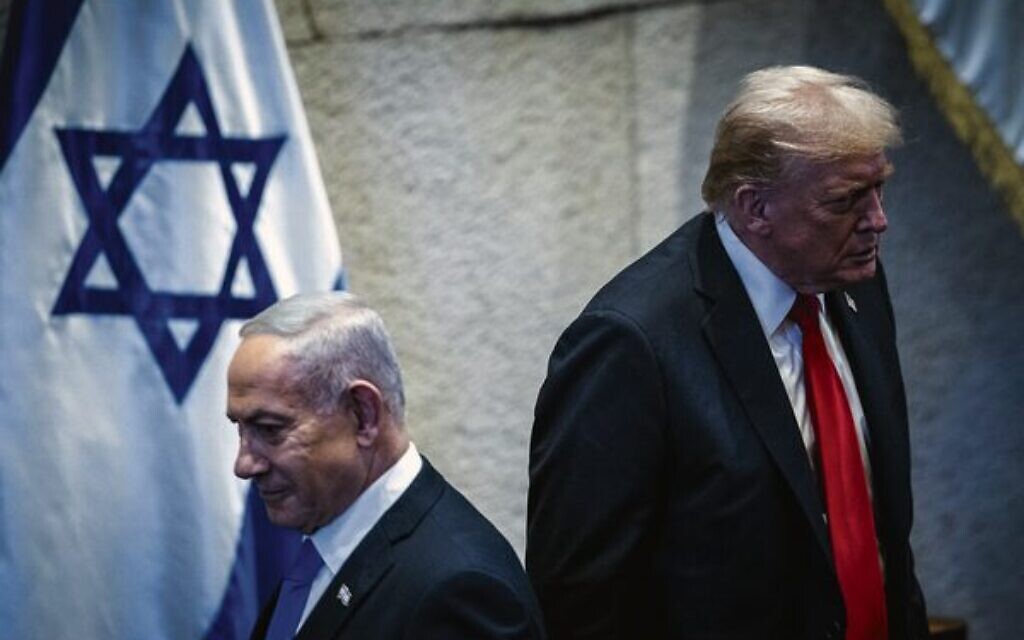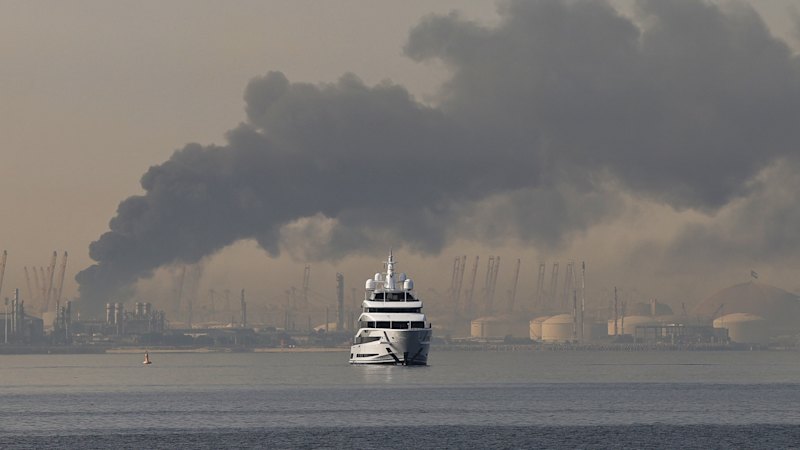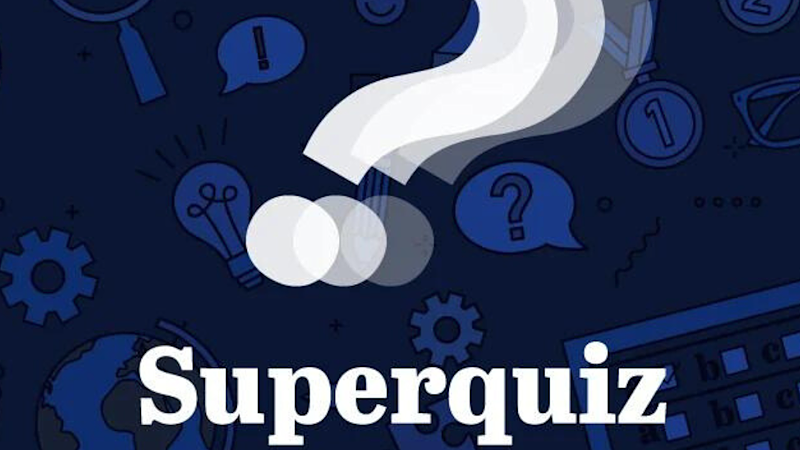
UPDATE: Major developments are unfolding in the Middle East as U.S. President Donald Trump strengthens his peace initiative following the release of hostages and ongoing efforts to repatriate deceased individuals. This renewed focus on a 20-point peace plan has sparked mixed emotions among Israelis, with some hailing Trump as a hero while others remain skeptical about its feasibility.
In Israel, particularly in Jerusalem, traffic disruptions are rampant as high-ranking U.S. officials, dubbed “Bibisitting” by local media, continually arrive to ensure that Prime Minister Benjamin Netanyahu adheres to the terms of Trump’s plan. The ongoing presence of approximately 200 U.S. military personnel in Kiryat Gat signals a robust American commitment to monitoring developments, particularly concerning Gaza.
Despite the optimism surrounding this temporary pause in hostilities, experts warn that the situation remains fluid. The geopolitical landscape is shifting rapidly, with Egypt amassing military forces that exceed the terms of past peace agreements, raising alarms about regional stability. Meanwhile, tensions with Hezbollah in Lebanon and threats from Iran continue to loom large, complicating any potential resolutions.
As part of his diplomatic strategy, Trump has reportedly requested a pardon for Netanyahu from President Isaac Herzog, a move that crosses traditional diplomatic boundaries and underscores the deepening influence of U.S. politics on Israeli governance. While Netanyahu’s popularity remains robust—polls indicate he is the most favored politician in Israel—the internal opposition remains fragmented, complicating the political landscape.
Trump’s approach blends transactional politics with ideological considerations, as he navigates the complexities of Israeli and Palestinian aspirations. His administration has garnered support from various Arab nations for a United Nations Security Council resolution aimed at paving a pathway toward Palestinian self-determination. This is a significant development, particularly given the hesitance of the current Israeli government to engage with such initiatives.
The evolving situation in Gaza is particularly crucial, as discussions emerge about potential governance structures in the region. Reports suggest that Gaza may be divided into sections controlled by Israel, an international force, and possibly Hamas, depending on the outcome of negotiations. The hope is that reconstruction efforts will incentivize Gazans to remove Hamas from power, a complex and uncertain proposition.
As these developments unfold, the atmosphere in Israel is cautiously optimistic. Citizens are keenly aware of the stakes involved, with many expressing a desire for a lasting peace. The implications for both Israeli and Palestinian communities could be monumental, making this a pivotal moment in the pursuit of stability in the region.
The situation remains dynamic, and observers worldwide are urged to stay informed as the U.S. continues to play a central role in shaping the future of the Middle East. The next steps in this evolving peace process will be critical, with potential implications for regional security and international diplomatic relations.






